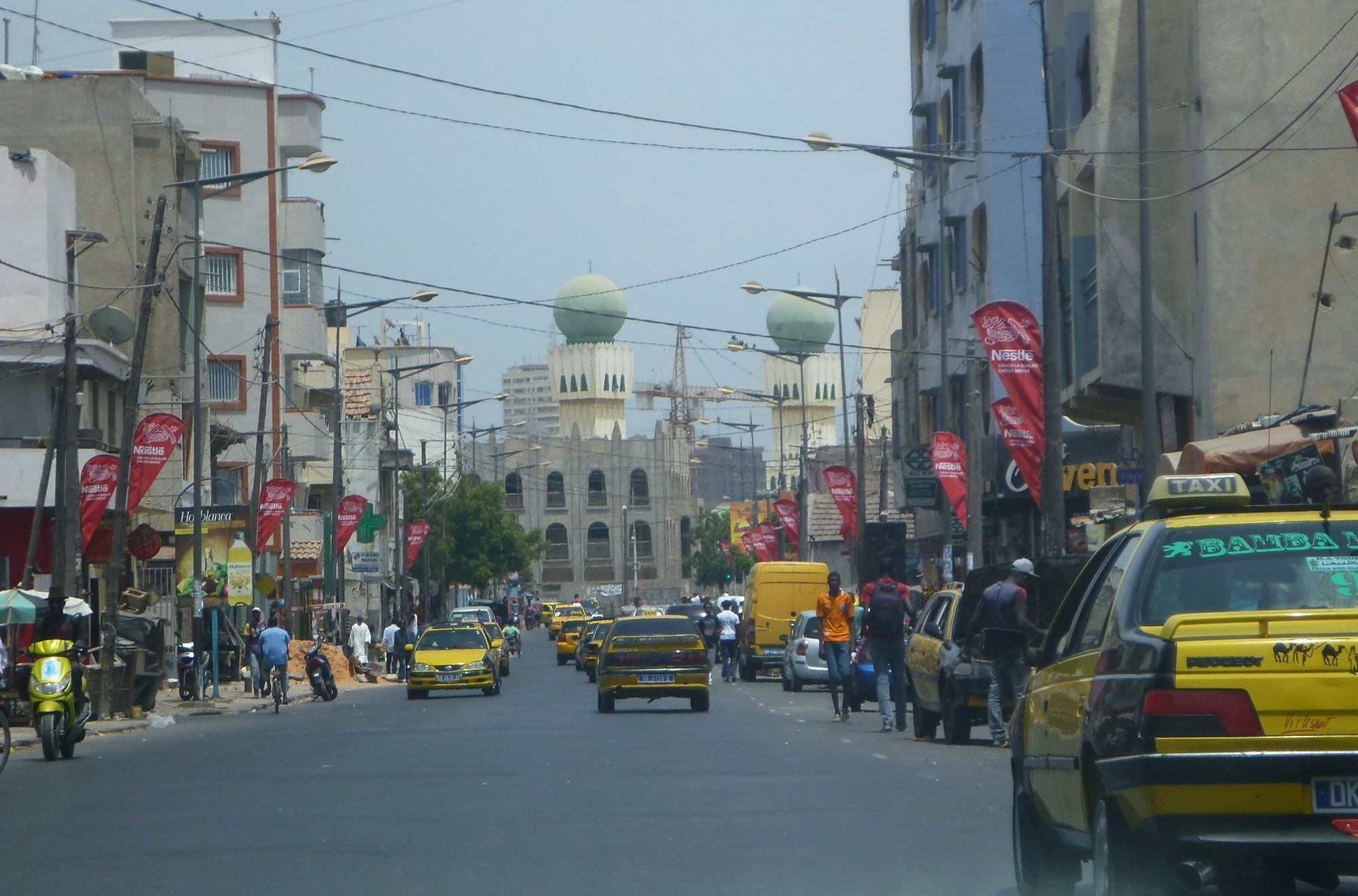Gambiaj.com – (BANJUL, The Gambia) – There’s a phrase Gambians often utter – half-joking, half in despair: “Gambians don’t support their own.” Whether in the village or in Banjul, in politics or offices, among professionals or in the diaspora, this saying cuts deep. It plays out when young entrepreneurs face envy instead of encouragement. When returning, diaspora professionals are dismissed as arrogant or “feeling better.” And when someone begins to succeed – only to be dragged down by those they once inspired.
This is the crab syndrome: like crabs in a bucket, when one tries to rise, others pull it back down. No one escapes. All remain trapped. In The Gambia, this metaphor isn’t merely psychological – it’s a social illness, choking our collective progress.
The Contradiction Between Faith and Behavior
What makes this more tragic is our deep religiosity. Over 95% of Gambians are Muslim, and the Christian community, though smaller, plays a central role in shaping our moral landscape.
Our mosques and churches preach humility, kindness, and unity – but too often, the values we profess on Fridays and Sundays vanish by Monday.
Islam clearly warns against envy. In Surah Al-Falaq (113:5), Allah commands the Prophet to seek protection “from the evil of the envier when he envies.” The Prophet Muhammad (peace be upon him) said, “Do not hate one another, do not envy one another, do not turn away from one another… be servants of Allah as brothers.” (Sahih Muslim)

Christian scripture echoes this: “Where jealousy and selfish ambition exist, there will be disorder and every vile practice.” (James 3:16). The Bible also warns that envy is among the acts of the flesh that separate us from God’s kingdom.
Yet we allow jealousy, gossip, and silent sabotage to poison our interactions. We pray for blessings – but curse those who receive them. We crave development – yet tear down its champions.
The Tragedy of Matarr Sarr: A Cautionary Tale
We often think of the crab syndrome as modern, but its roots run deep. One of the most painful examples in our history is the story of Matarr Abdoulie Sarr – a man whose life and death reveal how lethal unchecked envy can be.
Born in 1932, Sarr was a pioneering businessman and philanthropist. He built enterprises that employed Gambians, supported youth in sports, and championed self-reliance at a time when dependence was the national norm.
In Matarr Abdoulie Sarr (1932–1973): A Gambian Patriot, Gambian historian Hassoum Ceesay portrays Sarr as a man driven by discipline, faith, and belief in Gambian potential.
But his success and outspoken nature made him a target.
On March 28, 1973, Sarr was shot dead by police at his Fajara home. No charges were successfully brought against him. No trial. Only silence.
His apparent “crime”? Daring to think boldly and act independently in a nation unsure how to nurture its own brilliance.
Sarr wasn’t destroyed by colonial forces or foreign agents – he was brought down by fear, envy, and insecurity from within.
His death should haunt us – not only for its injustice but for what it symbolizes: when Gambians rise with integrity, they too often meet not support, but sabotage.
Even during the trial, Eric Christesen, then Secretary General and Head of the Civil Service, testified as a state witness. He described Sarr as honourable, honest, hard-working, disciplined, and patriotic.
His testimony, preserved by Ceesay, makes clear Sarr’s downfall wasn’t about his character – it was about the envy his success provoked.
The Modern Face of the Crab Mentality
Sarr’s story isn’t just history – it echoes today. In recent years, a senior civil servant known for integrity and dedication faced similar treatment. Despite a strong track record, this individual was sidelined by unfounded allegations and eventually removed from office.
This modern example shows how deeply the crab mentality continues to poison our institutions, stifling progress and punishing integrity.
Unless we confront this mindset, we cannot build a public service – or a nation – that rewards excellence without fear.
Historical Roots of Our Self-Sabotage
This behavior isn’t accidental. Its roots stretch deep.
Under colonial rule, British administrators rewarded obedience over initiative. Opportunities were scarce; Gambians were conditioned to compete for crumbs of power. After independence, this scarcity mindset persisted – where advancement was seen as zero-sum: “If you rise, I lose“.
This isn’t unique to us. Even ancient Athens, the cradle of democracy, had its version. Themistocles, a hero who defended Athens from Persia, was later exiled – ostracized by fellow citizens uncomfortable with his success. History shows fear of excellence is an old disease – but one we must overcome.
In The Gambia today, many still believe success stems not from hard work but from tribalism, foreign connections, or luck. Suspicion thrives where trust should grow.
The Diaspora Dilemma: Returning with Caution
The crab syndrome hits the diaspora hard. Many Gambians abroad long to return and give back. But they hesitate – knowing how returnees are often mocked, overburdened with unrealistic expectations, or dismissed as outsiders.
Yet we must be honest: not all resistance is fueled by envy. Some returnees – often unintentionally – project superiority, implying that those who stayed behind are less capable. This attitude alienates communities and fuels skepticism.
For genuine collaboration, both sides must approach each other with humility and mutual respect. Partnerships – not lectures – are what we need.
Many of our brightest minds now work in Senegal, Nigeria, Europe, or the U.S. – not from lack of patriotism, but out of fear of home-grown hostility. Imagine what we could achieve if we welcomed them back with open arms, not closed hearts.
Leadership and Institutional Responsibility
While personal change matters, leadership must set the tone.
Our leaders – whether in government, religion, media, or civil society – must openly reject the crab mentality. They must create a culture that celebrates merit and rewards integrity.
We need national platforms for this: awards, scholarships, positive media stories, and school curricula that teach pride in service – not self-promotion.
We must build transparent, fair, and inclusive institutions – so that success is seen as earned, not as privilege.
Beware of the Spotlight-Chasers
Alongside the crabs, there are those who opportunistically ride others’ waves – seeking the spotlight without contributing substance.
They insert themselves into others’ achievements, offering commentary disguised as originality – driven by ambition, not authenticity.
Such behavior deepens mistrust. It diminishes genuine innovators and deters authentic effort. For The Gambia to move forward, we must prize substance over showmanship and foster sincere, grounded leadership.
A Spiritual and Civic Call to Action
The solution isn’t complicated – but it requires both spiritual and civic awakening.
Let’s remember what our faiths teach: to bless, not curse; to lift, not pull down. Our imams and pastors should preach against envy with the same fervor they reserve for theft or immorality. When someone rises, our first thought should be, “How can I support them?” – not “Why not me?”
Teachers and community leaders must share stories of Gambians who succeeded through integrity and effort. We must teach our youth to celebrate others’ success – and to rise by lifting others.
The Gambia is too small, too precious, and too full of potential for us to waste energy dragging each other down. We cannot build a nation on resentment.
We must free ourselves from the bucket.
And when one crab climbs out – let us cheer, not sneer.











2 Responses
Indeed.
This destructive tendency of competitive and combative animosity traces back to Cain and Abel when, instead of brotherly love,you got selfish desire and, when denied, murder.
Wanting to be better to be more able and capable is very noble when done for the benefit of others…